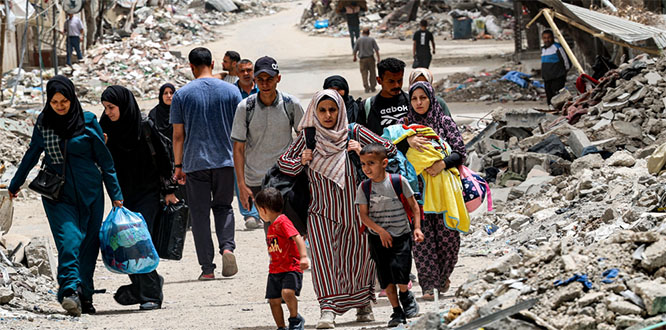Jeddah, Apr 7: Saudi Arabia has chosen a hybrid structure for its debut international sukuk, the prospectus for the offer showed, a format widely used in the Saudi local debt market, but not the most popular for sovereign issues.

Saudi Arabia will soon start meeting fixed income investors for the sukuk, a dual-tranche Islamic bond with five- and 10-year maturities.
An amount equal to 51 percent of the bond proceeds will be used in a mudaraba agreement, a form of Islamic investment management partnership. The remaining 49 percent of the proceeds will be used under a murabaha facility by the trustee, a Cayman Islands-incorporated company called KSA Sukuk Limited, to purchase Shariah-compliant commodities, the prospectus said.
Such a hybrid structure, which replicates the riyal-denominated sukuk offer launched by oil giant Saudi Aramco earlier this month, is common in the Saudi local currency debt market. A different lease-based (ijara) sukuk structure has been the most commonly used by countries raising money via international debt issuances.
A hybrid structure might be too complex for some international investors to the point of possibly testing their appetite for the deal, bankers told Reuters last week.
Citigroup, HSBC and JP Morgan are the global coordinators mandated to arrange investor meetings ahead of the sukuk offering. They are joined by BNP Paribas, Deutsche Bank and NCB Capital as lead managers and bookrunners.
In a separate development, sources said Saudi Aramco had raised SR11.25 billion ($3 billion) in its debut sukuk issuance.
The Islamic bond, part of a program to raise SR37.5 billion, is the oil giant’s first fundraising exercise aimed at diversifying revenues that have been hit by low global oil prices.
The floating rate local currency sukuk has a seven-year maturity and offers 25 basis points over the six-month Saudi Arabian Interbank Offered Rate (SAIBOR).
Saudi Aramco’s debut deal is likely to be followed soon, possibly as early as next week, by the dollar-denominated Saudi sovereign sukuk.
Saudi Aramco did not immediately respond to a request for comment.
Saudi Aramco started collecting orders for its debut issuance on March 27, a document issued by banks leading the deal showed.
The order books for the transaction should have closed on April 9, according to the original timeline. But bookbuilding was extended by a day because some accounts needed extra time to obtain internal approvals.
Alinma Investment, HSBC Saudi Arabia, NCB Capital and Riyad Capital were the coordinators of the Aramco deal, joined by GIB Capital, Samba Capital and Saudi Fransi Capital in dealer roles.






Comments
Add new comment